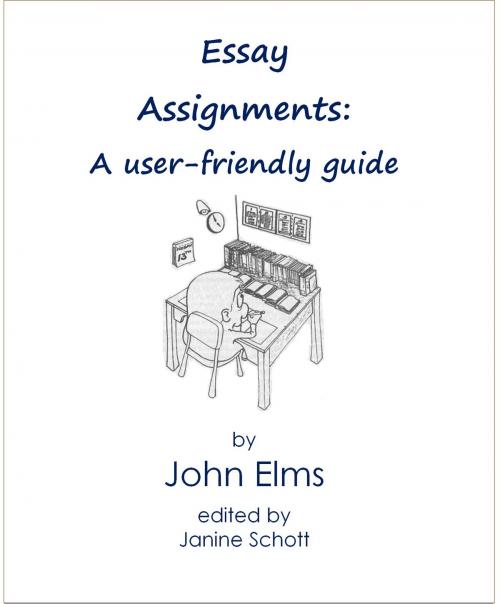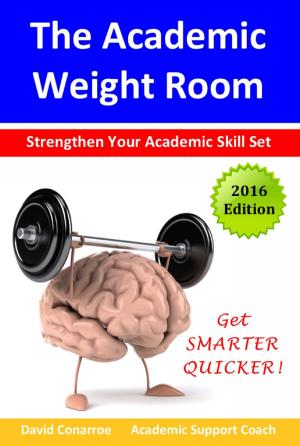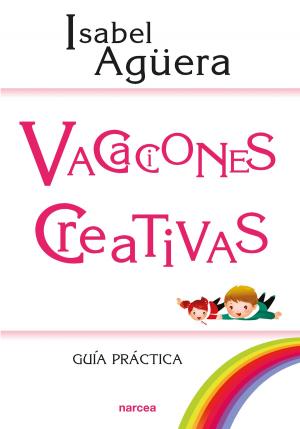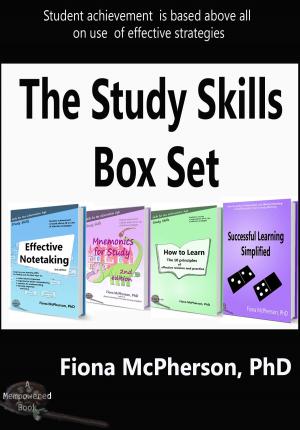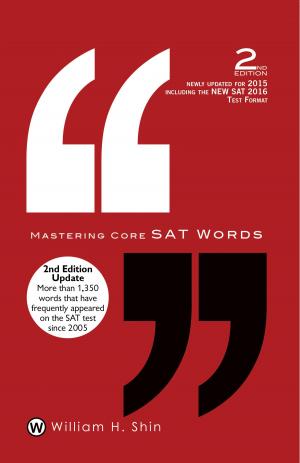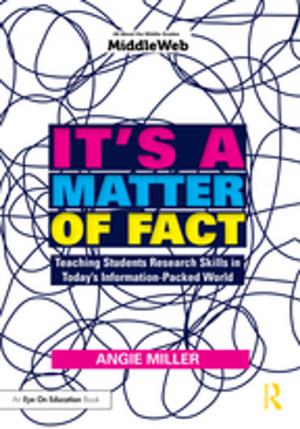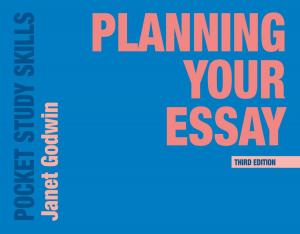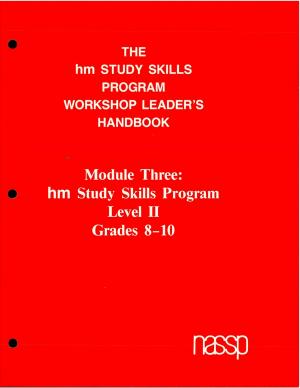Essay Assignments: A user-friendly guide
Nonfiction, Reference & Language, Education & Teaching, Study Skills| Author: | Janine Schott | ISBN: | 9781458092465 |
| Publisher: | Janine Schott | Publication: | May 29, 2011 |
| Imprint: | Smashwords Edition | Language: | English |
| Author: | Janine Schott |
| ISBN: | 9781458092465 |
| Publisher: | Janine Schott |
| Publication: | May 29, 2011 |
| Imprint: | Smashwords Edition |
| Language: | English |
Insufficient time is consistently cited by novice higher education students as one of the major causes of their failure or poor results. On the other hand, academic staff typically opine that lack of application is the most significant cause. This simple essay assignment strategy is intended to fill the gap between these two sets of opinions.
The higher education experienced to-day is assessment and administration dominated. It is characteristically the responsibility of the contemporary higher education student to demonstrate how effective he or she can be in terms of his or her assessment results. Regardless of what you may consider to be the nature of higher education, all that seems to count is one's formal academic statement that lists the results that led to the degree awarded.
With this fact of life and its attendant challenges clearly in mind, the following insight into how to cope efficiently, effectively and legitimately with the commonplace first form of progressive assessment, viz., the essay assignment, is presented to you as simply as possible.
Please read this presentation until you fully realise just how you can cope efficiently and effectively with the first and crucial piece of assessment that higher education students typically meet. The efficiency aspect under consideration relates to the amount of lime and energy needed to complete the work required. The effectiveness aspect relates to the grade or mark achieved. (There is little benefit in completing an essay assignment in less time per thousand words of essay only to achieve a failing grade or mark.) Improved productivity should be reflected in improvements in both efficiency and effectiveness. Keep a record of your own improvements. Consider also whether your confidence and willingness to get started early improve.
Later, when you are familiar with this recipe-like system of essay organisation and preparation, you can adapt and alter this simple system to formulate your own approach to essay assignments. However, do not part with this text. It has been a relatively common experience that some purchasers of similar texts have given their copy away only to find that they cannot obtain another copy when they subsequently return to formal study. It is also helpful to return to this text after some years of following your own adaptation of this relatively simple strategy.
Though this system was devised for higher education students, it has proved its worth to secondary students as well. This simple essay organisation and preparation system has been used even by primary school children from the Year 5 level onwards, with most rewarding results.
I wish you success in your studies.
John Elms
***
John Elms spent more than 20 years at the University of Southern Queensland in Toowoomba Queensland. During this time he has conducted comprehensive applied research in regard to improving higher education student productivity. After directly observing many novice higher education students struggling with the various forms of 'progressive assessment' he formulated a simple and practical set of productivity strategies to cope with the most common forms of assessment.
His books are respected by students because the strategies described in them are easy for most students to implement and readily produce improved results.
Insufficient time is consistently cited by novice higher education students as one of the major causes of their failure or poor results. On the other hand, academic staff typically opine that lack of application is the most significant cause. This simple essay assignment strategy is intended to fill the gap between these two sets of opinions.
The higher education experienced to-day is assessment and administration dominated. It is characteristically the responsibility of the contemporary higher education student to demonstrate how effective he or she can be in terms of his or her assessment results. Regardless of what you may consider to be the nature of higher education, all that seems to count is one's formal academic statement that lists the results that led to the degree awarded.
With this fact of life and its attendant challenges clearly in mind, the following insight into how to cope efficiently, effectively and legitimately with the commonplace first form of progressive assessment, viz., the essay assignment, is presented to you as simply as possible.
Please read this presentation until you fully realise just how you can cope efficiently and effectively with the first and crucial piece of assessment that higher education students typically meet. The efficiency aspect under consideration relates to the amount of lime and energy needed to complete the work required. The effectiveness aspect relates to the grade or mark achieved. (There is little benefit in completing an essay assignment in less time per thousand words of essay only to achieve a failing grade or mark.) Improved productivity should be reflected in improvements in both efficiency and effectiveness. Keep a record of your own improvements. Consider also whether your confidence and willingness to get started early improve.
Later, when you are familiar with this recipe-like system of essay organisation and preparation, you can adapt and alter this simple system to formulate your own approach to essay assignments. However, do not part with this text. It has been a relatively common experience that some purchasers of similar texts have given their copy away only to find that they cannot obtain another copy when they subsequently return to formal study. It is also helpful to return to this text after some years of following your own adaptation of this relatively simple strategy.
Though this system was devised for higher education students, it has proved its worth to secondary students as well. This simple essay organisation and preparation system has been used even by primary school children from the Year 5 level onwards, with most rewarding results.
I wish you success in your studies.
John Elms
***
John Elms spent more than 20 years at the University of Southern Queensland in Toowoomba Queensland. During this time he has conducted comprehensive applied research in regard to improving higher education student productivity. After directly observing many novice higher education students struggling with the various forms of 'progressive assessment' he formulated a simple and practical set of productivity strategies to cope with the most common forms of assessment.
His books are respected by students because the strategies described in them are easy for most students to implement and readily produce improved results.
